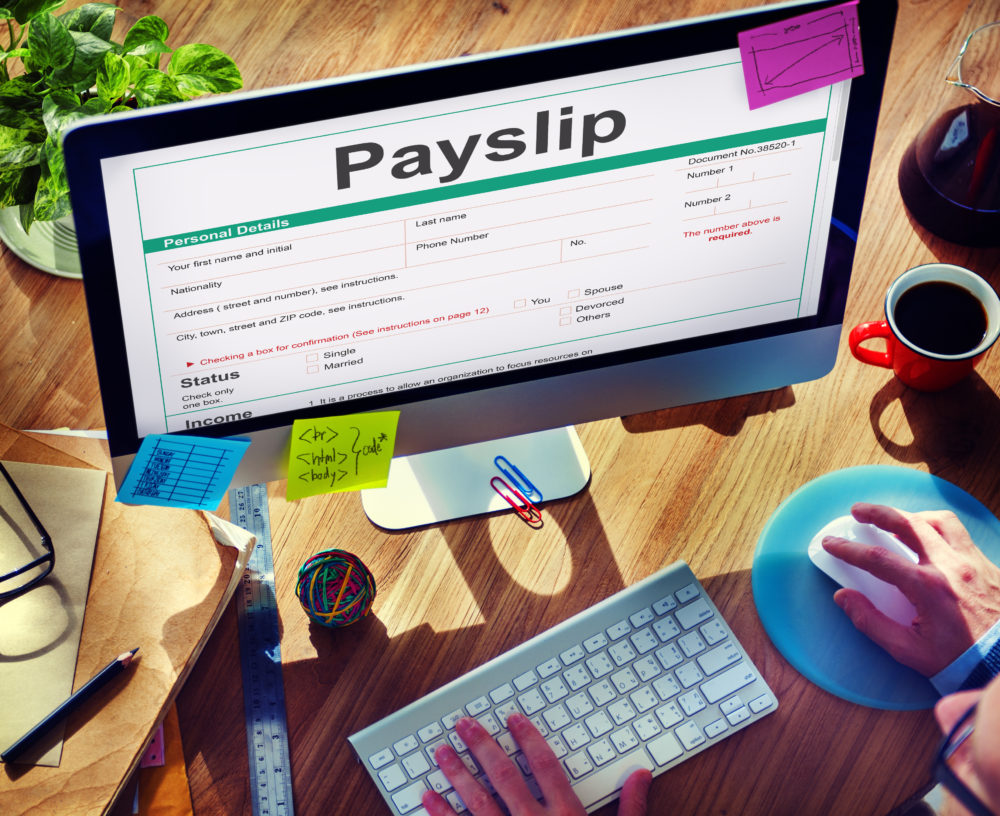As of 6th April, freelancers and gig workers are required to receive payslips.
Payslips must include the number of hours worked so that workers can make sure they are being paid in full and at the right rate.
What happens if I don’t comply?
If you don’t give a freelance or gig worker a payslip it could result in an employment tribunal case.
Those who don’t receive a payslip on time or without the required information can make a claim that their right has been breached. If the tribunal agrees, they will make a declaration and in certain cases, award the employee the equal amount to any deductions made in the 13 weeks prior.
The maximum penalty that employment tribunals can use has also quadrupled from £5,000 to £20,000 under the Good Work Plan.
As well as the action on payslips, 120,000 agency workers will benefit from the scrapping of the Swedish Derogation. This is a legal loophole that allowed some employers to pay less to freelancers than to full-time staff.
Mixed reaction to freelance and gig worker payslips
We’ve heard conflicting opinions on the topic of the rule change.
Jon Welsman is the managing director of Nature’s Healthbox. He doesn’t think that it’s a big deal.
I don’t mind it at all, I think it is good news for freelancers so I’m all for it. I have everything recorded on my system, so it is just a case of getting my freelancers set up as if full-time employees and emailing them their slips each month. It is an administrative task that shouldn’t fuss many, it’s just staying on top of it and an adjustment in mindset on the way we handle freelancers and consultants.
Tom Bourlet does freelance work for the site but is sceptical about the move.
I have mixed feelings on this one. I think it helps freelancers to feel more like they’re part of the business and they have a greater level of evidence that can ever be used if not paid or having to go to a tribunal.
At the same time, I wonder whether this is more to do with the government trying to chase down details on freelancers who haven’t paid tax potentially. I do think it can be a little frustrating for small businesses that now have an extra task on their hands, but once in place it shouldn’t take very long at all.
Why are the changes happening?
The gig economy is notorious for late and inconsistent payments when it comes to contractors, no matter what sector they’re in. This is partly caused by the charges that employers face when they use third-party recruitment agencies. Charges like these put employers off making regular daily payments that benefit the contractors that they hire.
Recent research into work satisfaction found that 73% of gig workers were willing to leave marketplaces if they were dissatisfied with they way they were being paid.
Half of these freelancers also complain that the marketplaces they use, like Uber, haven’t done a satisfactory job when it comes to payments. This is all the more concerning as half of respondents said that gig work was their primary source of income.
More on gig workers
Ignore the gig economy at your peril: The rise of the freelancer







